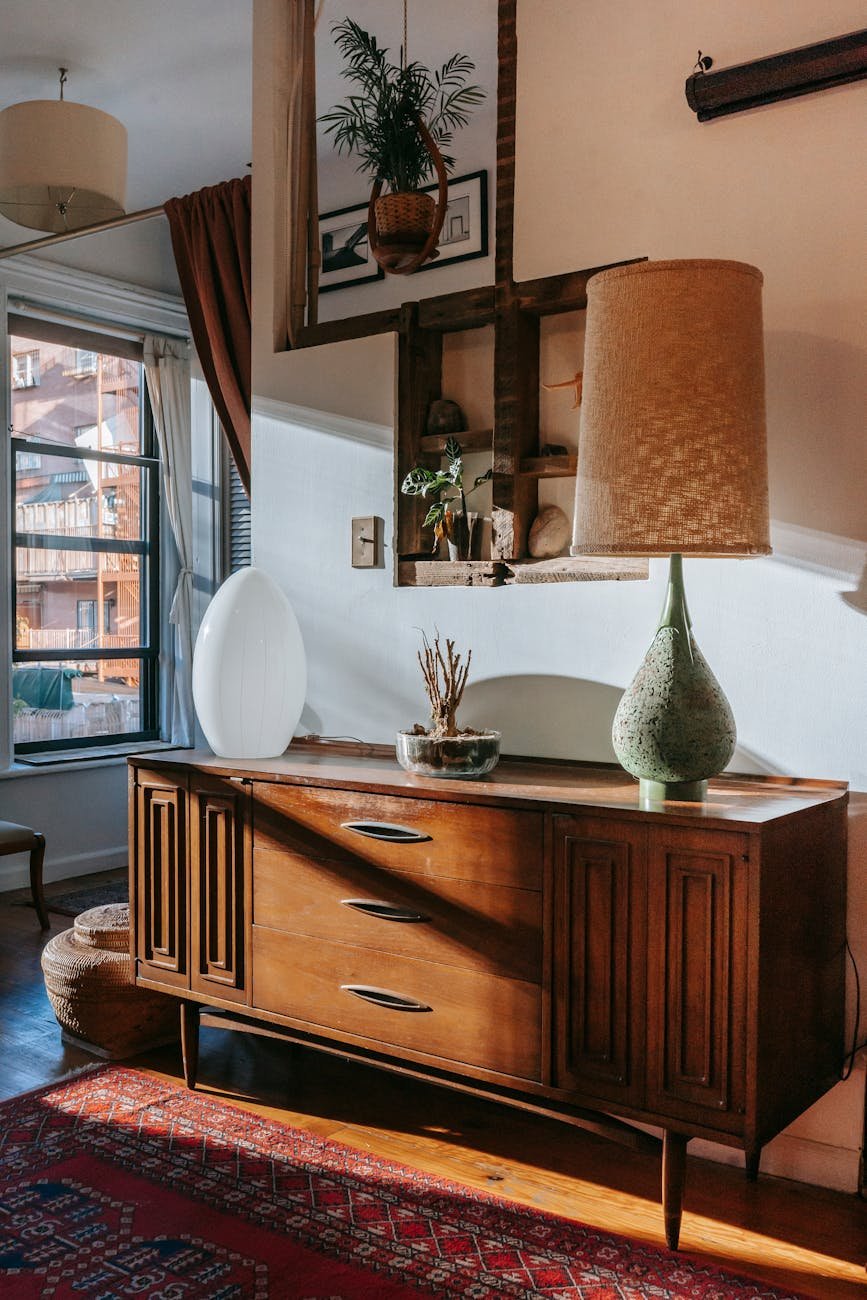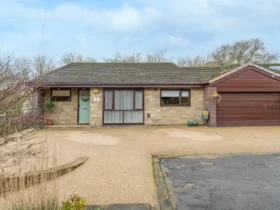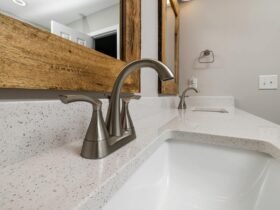The Role of a Residential Interior Designer
To transform a house into a personalized and aesthetically pleasing home, the expertise of a residential interior designer is invaluable. These professionals possess a range of skills and knowledge that enable them to create functional and visually appealing spaces. In this section, we will explore the definition and scope of work of a residential interior designer, as well as the importance of hiring one.
Definition and Scope of Work
A residential interior designer is a professional who specializes in creating interior spaces that meet the specific needs and preferences of homeowners. They combine their creative vision and technical expertise to design functional and visually pleasing environments that enhance the quality of life for the occupants.
The scope of work of a residential interior designer encompasses various aspects of interior design, including:
-
Space planning: Residential interior designers analyze the layout of a home and develop strategic plans to optimize the use of space. They consider factors such as traffic flow, furniture arrangement, and functionality to ensure an efficient and well-designed layout.
-
Material selection: From flooring and wall finishes to furniture and fixtures, residential interior designers assist homeowners in selecting the appropriate materials for their space. They consider factors such as durability, aesthetics, and budget to make informed decisions.
-
Color schemes and lighting: Residential interior designers have a keen eye for color coordination and lighting design. They help homeowners select the right color palettes and lighting solutions to create the desired ambiance and mood in each room.
-
Furniture and decor: Another important aspect of a residential interior designer’s role is selecting furniture, accessories, and decor items that complement the overall design concept. They consider factors such as style, comfort, and functionality to curate a cohesive and visually appealing space.
Importance of Hiring a Residential Interior Designer
Hiring a residential interior designer offers numerous benefits that can significantly enhance the outcome of a home design project. Some of these advantages include:
-
Expertise and knowledge: Residential interior designers possess a deep understanding of design principles, materials, and industry trends. Their expertise allows them to provide valuable insights and recommendations, ensuring that the design aligns with the homeowner’s vision and functional requirements.
-
Time and cost savings: By collaborating with a residential interior designer, homeowners can save time and effort. Designers streamline the decision-making process, provide access to resources, and manage the project efficiently. Additionally, they help homeowners avoid costly mistakes by making informed choices within their budget.
-
Personalized and cohesive design: A residential interior designer works closely with homeowners to understand their preferences, lifestyle, and needs. They translate these insights into a design that reflects the homeowner’s personality and creates a cohesive look throughout the home.
-
Access to a network of professionals: Residential interior designers often have established relationships with contractors, suppliers, and other industry professionals. This network can be invaluable in ensuring the smooth execution of the project, from sourcing materials to coordinating construction work.
By enlisting the services of a residential interior designer, homeowners can unlock the full potential of their living spaces. Whether it’s a complete home renovation or a smaller design project, the expertise and guidance of a professional can make a significant difference in creating a functional and beautiful home. To find a residential interior designer near you, visit our article on interior designer near me.
Skills and Expertise of Residential Interior Designers
Residential interior designers possess a range of skills and expertise that allow them to transform living spaces into beautiful and functional homes. These professionals combine their creativity, communication skills, knowledge of materials, and project management abilities to bring their clients’ vision to life. Let’s explore the key skills and expertise of residential interior designers.
Creativity and Design Sense
A residential interior designer’s creativity and design sense are at the core of their work. These professionals have an innate ability to envision and create visually appealing and harmonious spaces. They possess a keen eye for color, texture, balance, and proportion, enabling them to select the right furniture, lighting, decor, and finishes to enhance the overall aesthetics of a home. Their creative flair allows them to think outside the box and come up with innovative design solutions that reflect their clients’ personal style and preferences.
Communication and Collaboration Skills
Effective communication and collaboration skills are essential for residential interior designers to successfully work with their clients, contractors, architects, and other professionals involved in a project. They listen attentively to their clients’ needs and aspirations, ensuring clear and open lines of communication throughout the design process. Residential interior designers excel at translating their clients’ ideas into tangible designs, presenting concepts, and providing regular updates on the project’s progress. Their ability to collaborate and coordinate with various stakeholders ensures a seamless execution of the design plan.
Knowledge of Materials and Resources
Residential interior designers possess a deep understanding of materials, finishes, and resources available in the market. They stay up to date with the latest trends, innovations, and sustainable practices in the industry. This knowledge allows them to make informed decisions when selecting materials that align with their clients’ preferences, budget, and functional requirements. They are well-versed in the characteristics, durability, and maintenance of different materials, ensuring that their clients’ homes are not only visually appealing but also practical and long-lasting.
Project Management Abilities
Residential interior designers are skilled project managers who oversee every aspect of a design project. They possess strong organizational skills, multitasking abilities, and attention to detail. From creating project timelines and budgets to coordinating with contractors and vendors, they ensure that the project progresses smoothly and is completed within the established parameters. Residential interior designers are adept at problem-solving, anticipating challenges, and finding solutions to ensure a successful outcome for their clients.
By leveraging their creativity, communication skills, knowledge of materials, and project management abilities, residential interior designers bring a wealth of expertise to their clients’ home projects. Whether it’s a small-scale renovation or a complete interior overhaul, their skills and expertise contribute to creating spaces that are not only visually stunning but also functional and tailored to their clients’ lifestyle and needs. If you’re looking for an interior designer near you, check out our article on interior designer near me to find professionals in your area.













Got a Questions?
Find us on Socials or Contact us and we’ll get back to you as soon as possible.